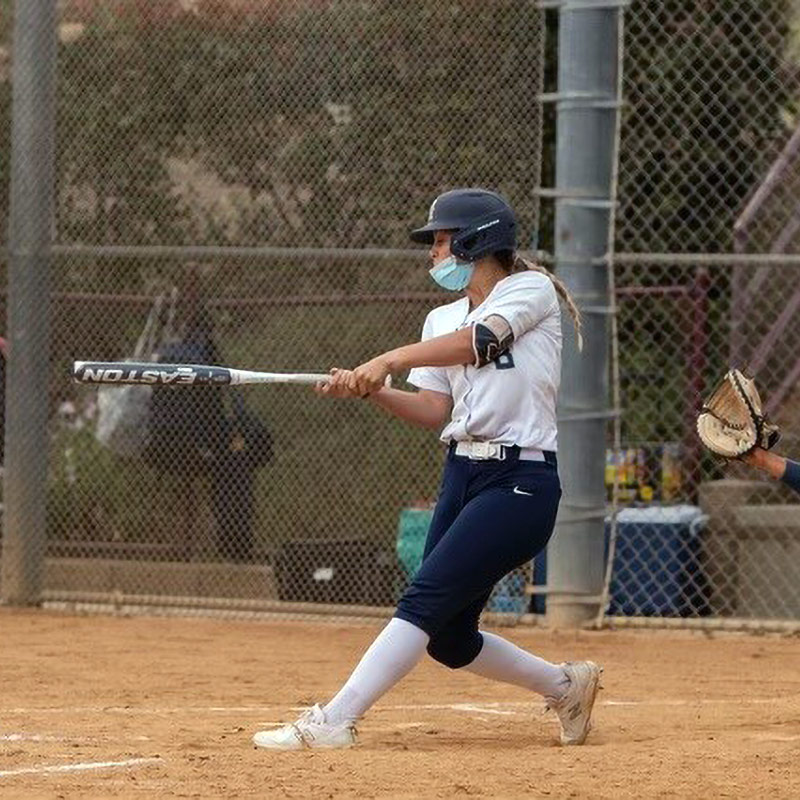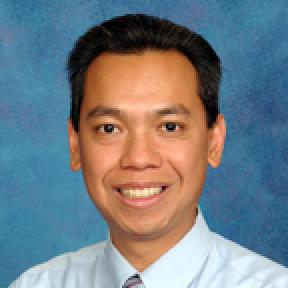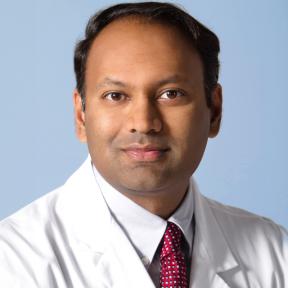Life as a teenager has been an enthusiastic experience for 19-year-old Makenna. Early in her college years, Makenna joined the softball team at Hope International University. Unfortunately, her experience was cut short when her life took an unexpected turn.

She began to notice her energy decreasing and was eventually unable to play the sport as she felt her body gradually becoming weaker. Her family, team and coaches were very understanding and supportive when she decided to take a leave to prioritize her health.
Just before her nineteenth birthday, in July 2020, Makenna became frail and her health was deteriorating. Her parents rushed her to a local Emergency Department in hopes of answers. Instead, she was sent home. She saw multiple physicians as an outpatient, none who could come up with the answer for her failing health.
At home, Makenna began experiencing chest pain. Because she was born with a ventricular septal defect (VSD) – a type of congenital heart defect – her family knew she needed to be seen by her cardiologist, Christopher Tan, M.D. After an immediate assessment, Dr. Tan determined that she needed to be rushed to a specialized children’s hospital like MemorialCare Miller Children’s & Women’s Hospital Long Beach for further work-up.
Upon arrival to the Emergency Department at Miller Children’s & Women’s, she was immediately admitted into the Cherese Mari Laulhere Pediatric Intensive Care Unit (PICU), where she was diagnosed with endocarditis.
Endocarditis is inflammation and infection of the heart’s inner lining, including its valves. This infection occurs when bacteria travel through the bloodstream and attach to surfaces of the heart, most commonly when there is underlying damage. If this infection is not treated effectively, it can cause permanent heart damage and be life threatening. While anyone can get endocarditis, since it’s an infection, those that have congenital heart defects, like Makenna, are at higher risk of getting it.
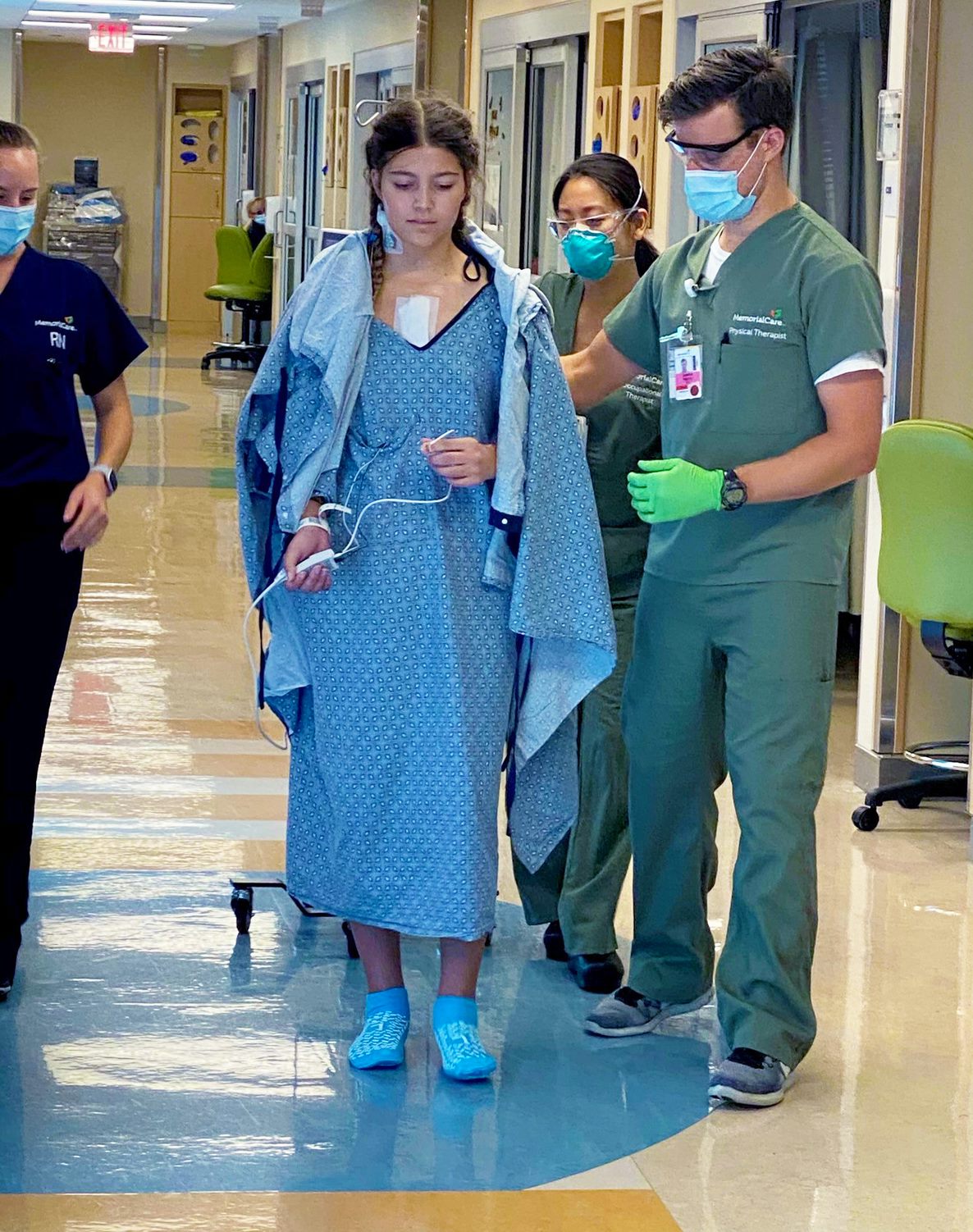
Endocarditis can develop at various speeds depending on the virulence of the specific organism. The infection can be treated with antibiotics, but if the valves are damaged, surgical treatment is needed. Since Makenna was affected for over a month, her valves were already damaged, and she needed urgent medical attention.
Makenna’s active infection was treated with antibiotics before she went to have heart surgery a few days later. Makenna’s aortic valve had been eaten through by bacteria and three out of four of her heart valves were seriously damaged.
“Along with the aortic valve, her pulmonary valve and tricuspid valve were damaged and needed to be addressed. The multi-valve dysfunction caused her heart to work poorly and this is what contributed to her extreme fatigue and listlessness,” explained Shaun Setty, M.D., The Larry & Helen Hoag endowed chair in pediatric cardiovascular surgery; and medical director, pediatric & adult congenital cardiac surgery, Children’s Heart Institute, Miller Children’s & Women’s. “There were hundreds of vegetations, or ‘bacterial nests,’ found throughout her heart and the sources of these infections needed to be removed.”
Makenna was in a rare, life-threatening situation. However, Dr. Setty and the care team at the Children’s Heart Institute were determined to save her life. During a four-hour surgery, her aortic valve was unrepairable and was replaced, and her two other valves were able to repaired with special techniques to preserve her own native valves. The large collections of bacteria found in the heart were successfully removed.
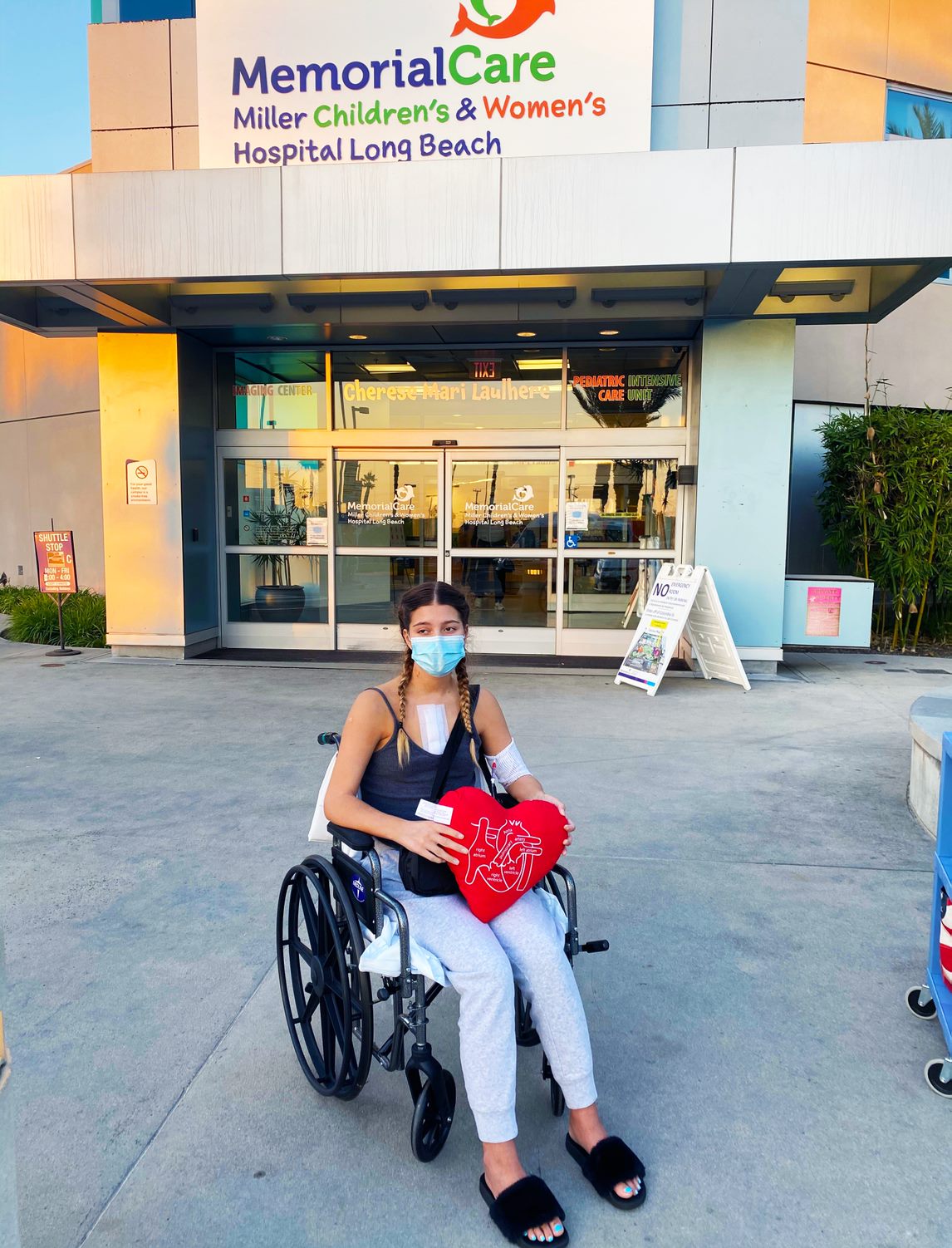 Makenna recovered in the Cardiothoracic Intensive Care Unit at Miller Children’s & Women’s, where children recovering from a heart surgery or heart disease stay. The Cardiothoracic Intensive Care Unit is dedicated to providing patients with outstanding postoperative care through constant surveillance and continuous arterial, venous and pulmonary monitoring in a state-of-the-art private room.
Makenna recovered in the Cardiothoracic Intensive Care Unit at Miller Children’s & Women’s, where children recovering from a heart surgery or heart disease stay. The Cardiothoracic Intensive Care Unit is dedicated to providing patients with outstanding postoperative care through constant surveillance and continuous arterial, venous and pulmonary monitoring in a state-of-the-art private room.
From full body scans, to weekly blood tests, Makenna’s experience with her care was unforgettable. After only five days after surgery, she was cleared to go home.
“I was always told how strong I was and they always reassured me that my health was in good hands,” Makenna explains. “Even though I’m still adjusting to my scar, I call it a ‘marking from God.’”
The Children’s Heart Institute offers comprehensive cardiac care for children and young adults who have pediatric heart diseases. By utilizing specialized tests and procedures, patients receive highly specialized care to meet their needs. Because of the Children’s Heart Institute’s expertise, Makenna was able to fully recover from endocarditis.
“When you’re told ‘your heart is failing,’ you don’t realize how much of an impact it can have on your life,” says Makenna. “Now that I’m better, I’m finally able to return to softball and live the happiest life I can!”
 |
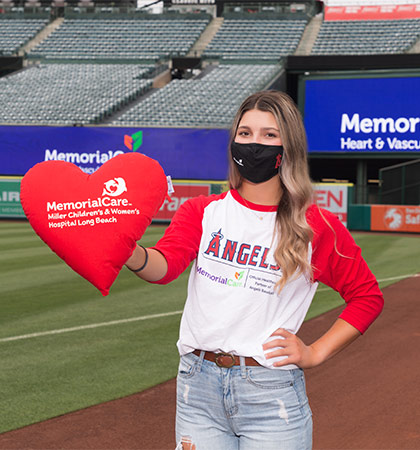 |

